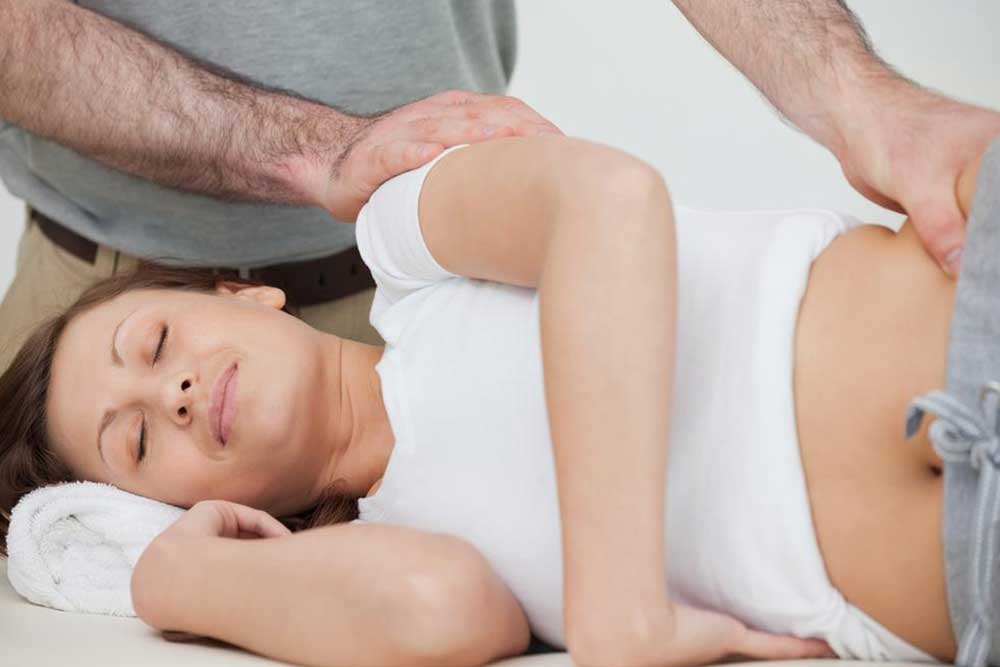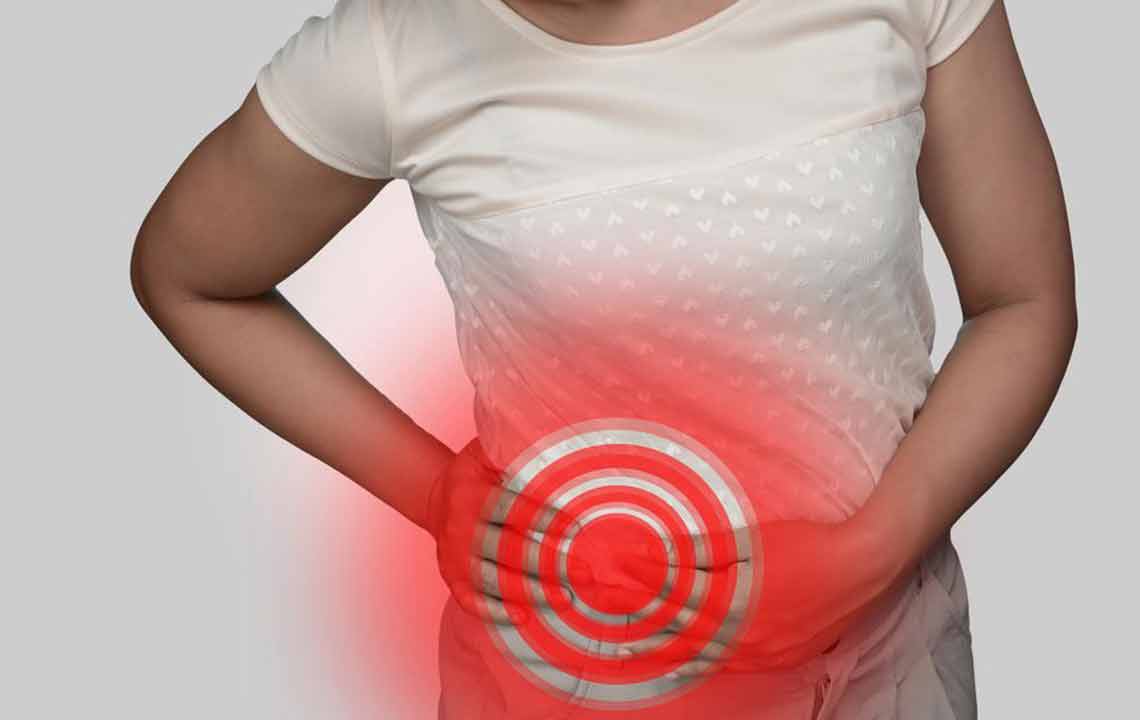Understanding Kidney Cysts: Causes, Symptoms, and Treatment Options
Kidney cysts are fluid-filled sacs that form on the kidneys, often harmless but sometimes causing discomfort. This article explores their causes, symptoms, and treatment options, emphasizing the importance of medical diagnosis. Regular check-ups help monitor progress and prevent complications, particularly in cases of polycystic kidney disease. Understanding the differences between cysts and other kidney issues ensures appropriate care and management for maintaining kidney health.
Sponsored

Kidney cysts are fluid-filled sacs that develop on the bean-shaped organs responsible for filtering blood waste. These cysts can form singly on one kidney or multiple times on both. Usually harmless, they often go unnoticed but can sometimes lead to discomfort or health issues. Regular medical check-ups assist in monitoring their progression and managing potential complications.
There are two main types of kidney cysts:
Simple cysts
These contain clear fluid and typically do not cause problems.
Polycystic kidney disease
A hereditary condition that results in numerous cysts, which can impair kidney function over time.
Common Indicators
While many simple cysts are symptomless, certain signs may appear if cysts grow larger or become infected:
Fever
Abdominal discomfort or swelling
Frequent urination
Back or flank pain
Dark or blood-tinged urine
Causes of Kidney Cysts
Each kidney contains tiny tubules that transport urine. Blockages or swelling in these tubules lead to fluid accumulation, forming cysts. Aging increases susceptibility to cyst formation, whereas polycystic kidney disease stems from genetic mutations.
To diagnose, a urologist may recommend blood and urine tests, along with imaging procedures such as:
CT scan
MRI scan
Ultrasound
Small cysts often require no treatment, but enlarging ones may need intervention. Common procedures include:
Sclerotherapy
Draining the cyst with a needle to remove fluid.
Surgical removal
Larger cysts are excised via minimally invasive laparoscopy under anesthesia.
Many mistake kidney cysts for stones, risking inappropriate treatment. Accurate diagnosis and tailored management under medical supervision are crucial. If symptoms arise, promptly consult a healthcare provider for assessment.






